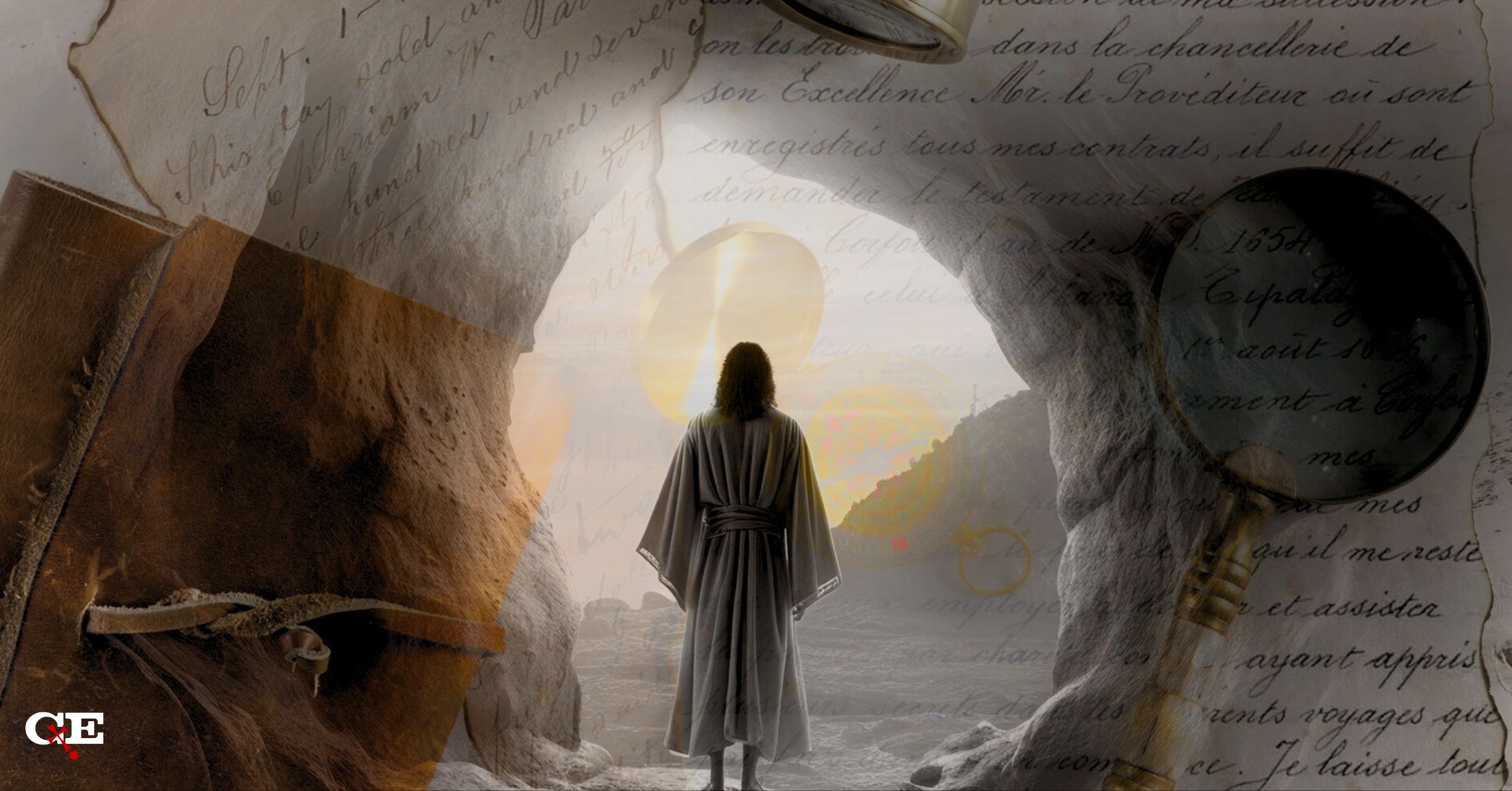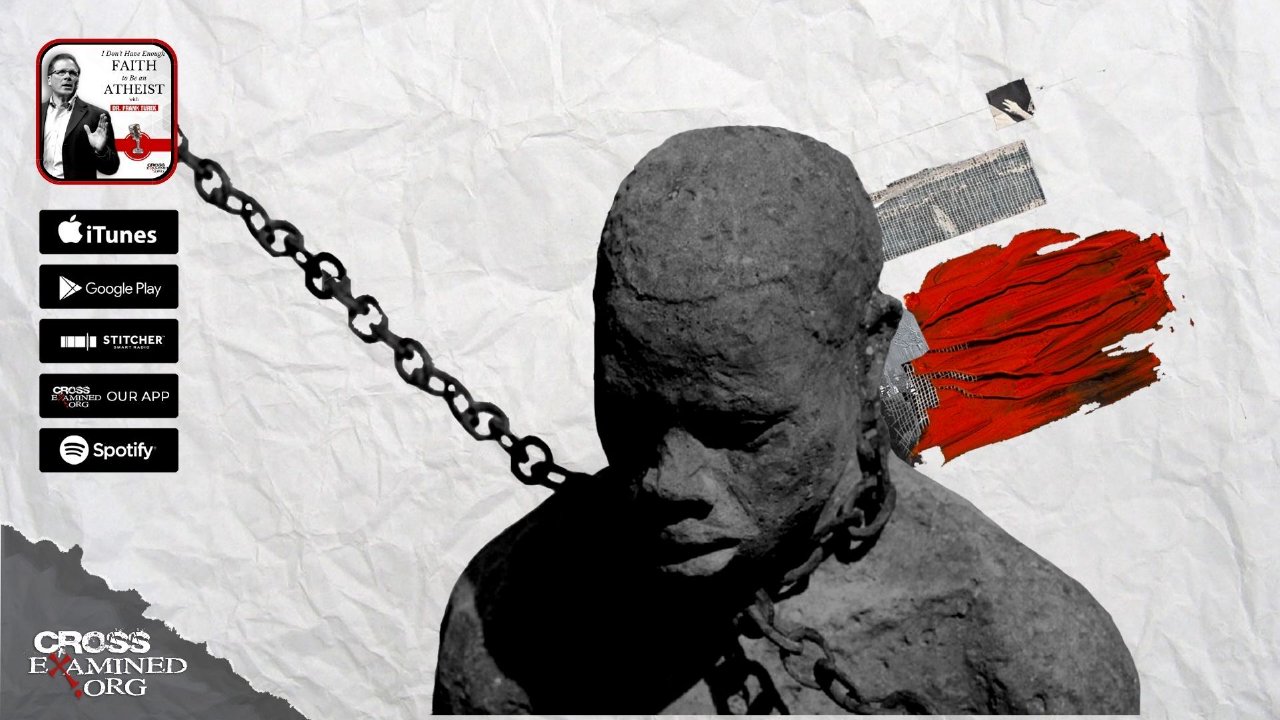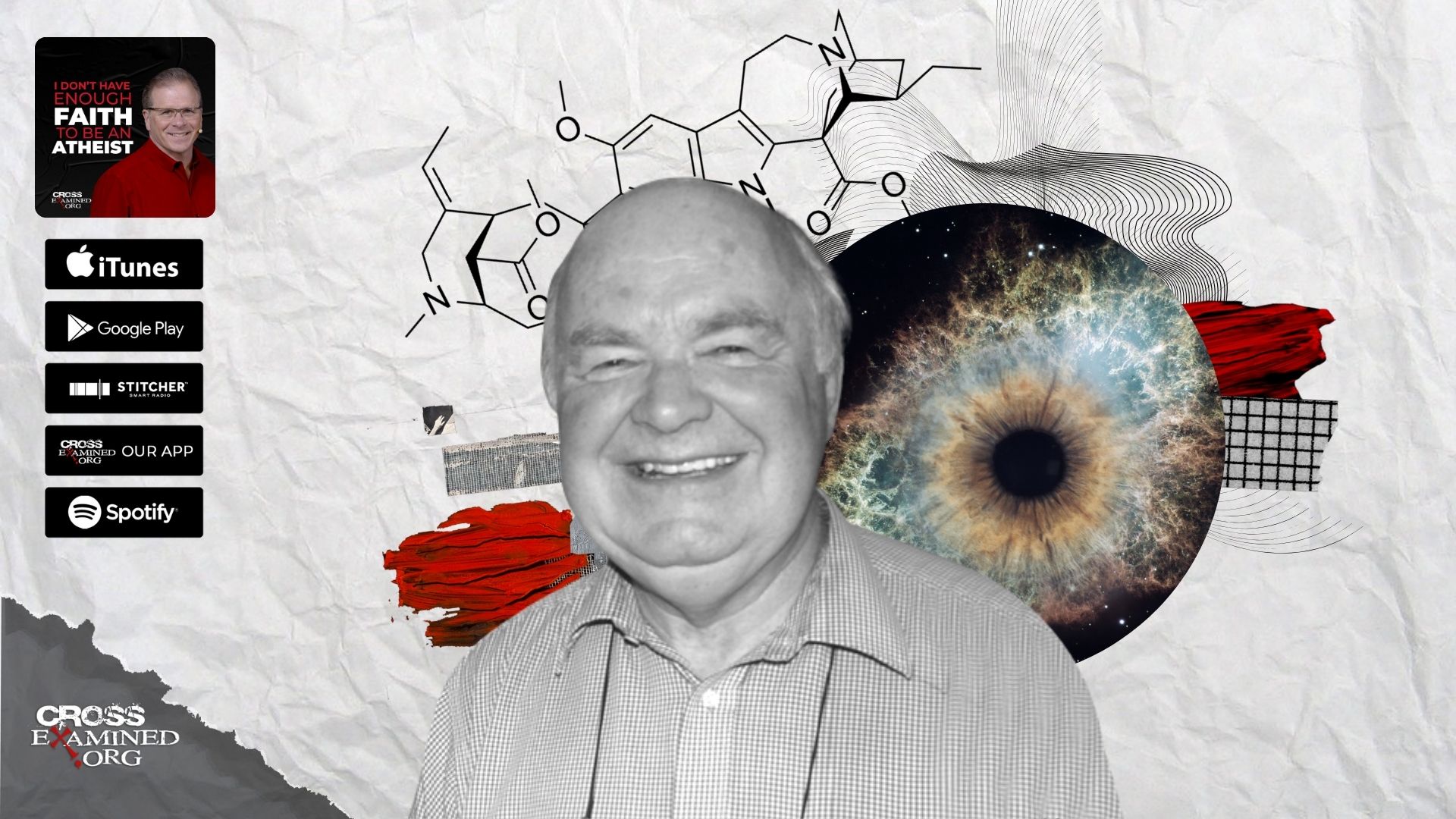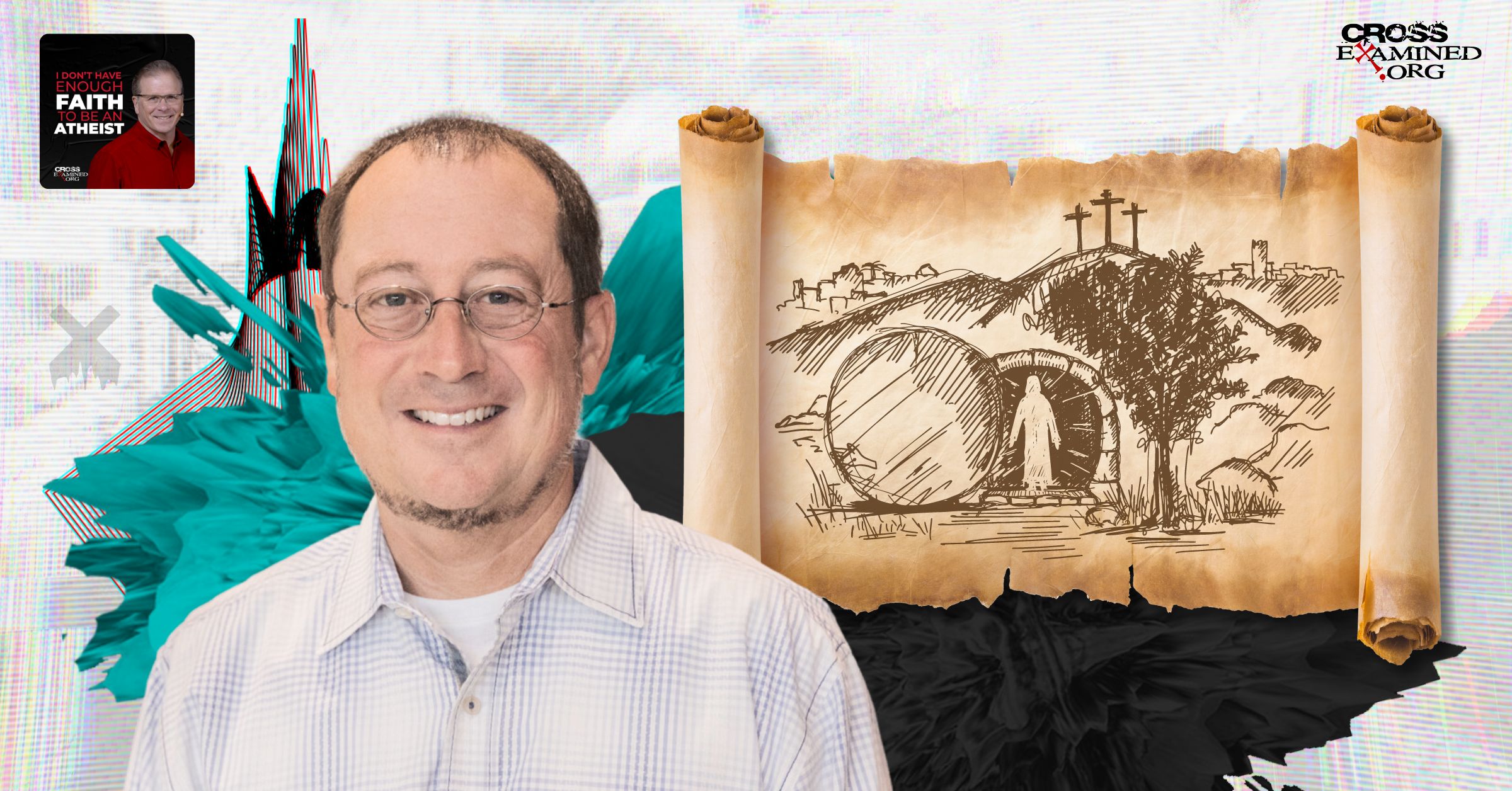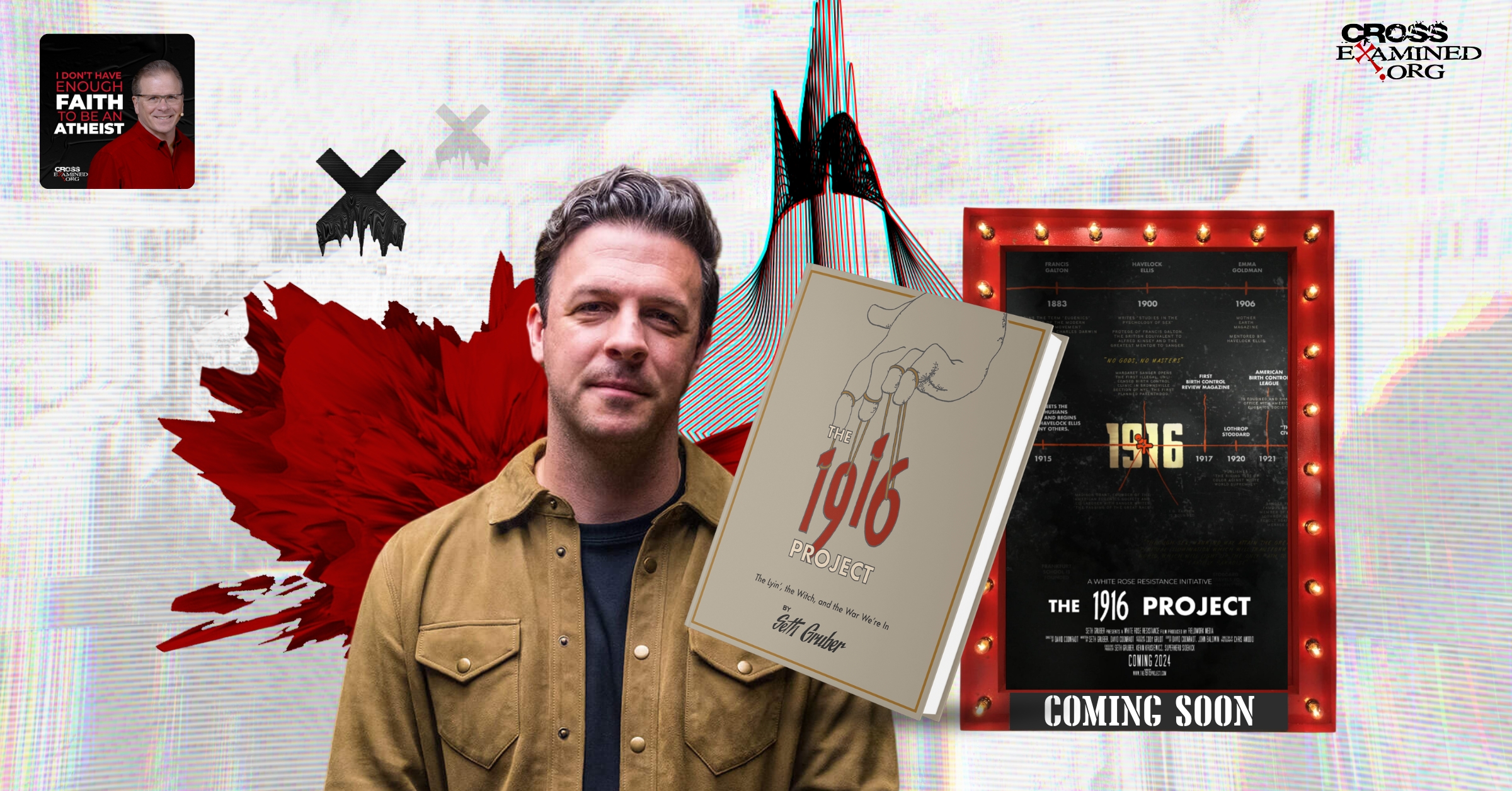Why the Best Explanation Can Be a Miracle
By Al Serrato
We all intuitively seek the best explanation for a set of facts or circumstances. It’s called abductive reasoning. Detectives make use of this method of reasoning when endeavoring to solve a crime; they put the pieces together so that a picture of what occurred emerges in sufficient detail to have confidence that it is true. Parents do it when they notice that a freshly baked pie has a piece missing and little Johnny has crumbs on his fingers and fruit staining his lips. Perfect knowledge is not required to know with sufficient certainty what occurred.
Abductive Reasoning in Christian Apologetics
As it relates to apologetics, abductive reasoning is a formal way of supporting the case for the validity of Christian truth claims. Though there are dozens of pieces of evidence to support the belief that the Resurrection took place, many apologists will make the case using a “minimal facts” approach. These generally undisputed facts include that Jesus lived, that he was put to death on a Roman cross, that his tomb was later found empty, and that his followers experienced encounters with him which were, simply put, life changing. These followers included skeptics who knew him well, such as his brother James; zealots who were persecuting his followers, such as Paul; and numerous men and women who had been following him during his earthly ministry.
A Cumulative Case
What best accounts for these well-established facts? Could it be they were all hallucinating? That makes little sense as we know that hallucinations do not occur in mass settings. Were they simply mistaken about who it was they were seeing? This too lacks explanatory appeal as mistaken identification is not plausible for family members and close friends and certainly not for many such people. Was it simply wishful thinking? While his followers no doubt missed him dearly, it is not reasonable to conclude that they would face death by insisting that he was still alive, when they knew he was not. Nor would wishful thinking explain the change in those who were initially persecuting Jesus’ followers, nor for those who only became followers after his death. Seeing that the cumulative case points to the fact of the Resurrection can be a powerful way to support the faith.
Losing the Case Before the Courtroom
But many remain unconvinced. When I have encountered such people, I have found that by and large they do not employ abductive reasoning as described above. They have not assessed and considered the piles of evidence from history to determine what other reasonable inference would better fit the known facts. Instead, they begin with the presupposition that miracles – which of course include resurrection from the dead – simply cannot occur. Consequently, any explanation of the historical facts and events which posit a miracle are to be rejected out of hand. The case is lost before it is even considered.
In short, many argue that relying on the possibility of a miracle is simply an admission of ignorance. If you cannot first explain how the miracle occurred, they argue, you should not be able to rely on it.
We can know THAT it happened without knowing HOW it happened.
This challenge to provide an explanation for the “best explanation of the facts” – that is, to explain the miracle – is clever but misplaced. There are many circumstances in which we can know something to be true, or to work, without knowing how it is that this is so. Take our ability to reason or our native sense of fair play: I make use of these things even though I have no way of explaining how reason works, or why I should be able to rely on it to reach true conclusions. I cannot explain how I know that “playing fair” is something that should matter to me. Consciousness is another example: in operating rooms around the world, anesthesiologists make use of drugs that can put people “under” and then restore them to consciousness without knowing how it is that this occurs. They understand the effect these drugs have on the cellular level, and they can measure differences in brain wave activity, but understanding how a grouping of brain cells goes from conscious to unconscious and back is still beyond scientific understanding. Though not usually considered as such, consciousness and reason are themselves “miraculous” – no sufficient naturalistic processes can account for them.
So, if the evidence that a man was put to death and then appeared again in a re-animated and enhanced body is sufficiently credible, then the fact that we cannot currently “explain” how it occurred does not prove that it did not occur. Consider for a moment the many medical “miracles” that have occurred. There are countless cases in which a disease process stops, or reverses, for reasons that are unclear, at least at present. As knowledge and technology advance, some of these miracles will be explained through naturalistic mechanisms. But how can the skeptic possibly know that this will always be the case? Would this not require perfect knowledge on his part, in order to know with certainty that departures from the laws of nature can never occur?
There is nothing wrong with wanting to know more, with seeking more knowledge and more information to get the “how” questions answered. There is nothing wrong with trying to rule out all naturalistic explanations before considering the supernatural. And it may be, in the end, that additional knowledge will modify, or perhaps even change, some of our views.
But refusing to go where the evidence leads because of a belief that supernatural events are “impossible” is a reflection of underlying bias, not an expression of enlightened thinking.
Recommended resources related to the topic:
Miracles: The Evidence by Frank Turek DVD and Mp4
Two Miracles You Take With You Everywhere You Go by Frank Turek DVD, Mp3 and Mp4
Early Evidence for the Resurrection by Dr. Gary Habermas (DVD), (Mp3) and (Mp4)
Debate: What Best Explains Reality: Atheism or Theism? by Frank Turek DVD, Mp4, and Mp3
Al Serrato earned his law degree from the University of California at Berkeley in 1985. He began his career as an FBI special agent before becoming a prosecutor in California, where he worked for 33 years. An introduction to CS Lewis’ works sparked his interest in Apologetics, which he has pursued for the past three decades. He got his start writing Apologetics with J. Warner Wallace and Pleaseconvinceme.com.

